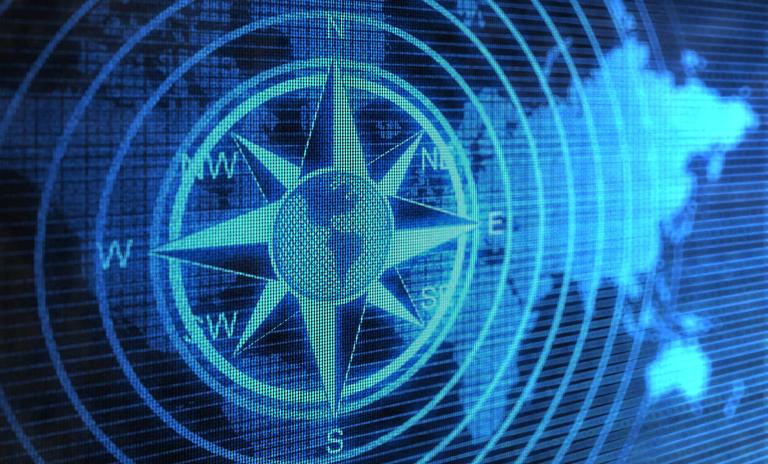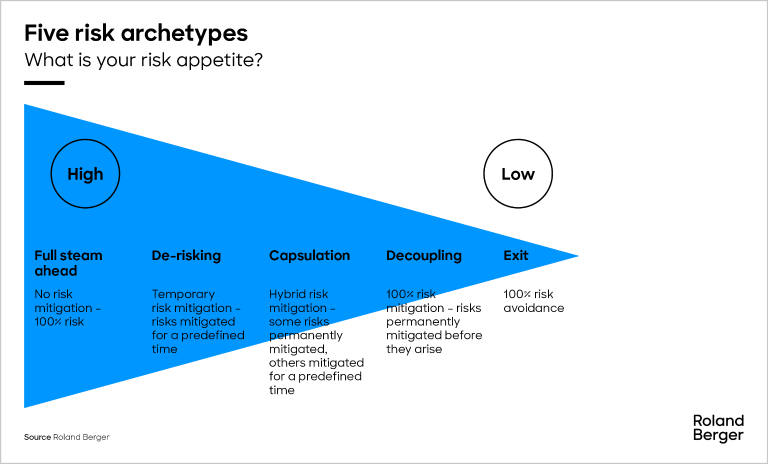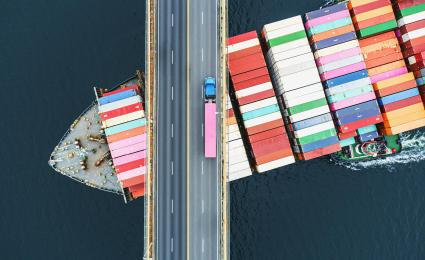The Roland Berger Supply Chain & Logistics cluster helps companies build resilient supply chains.
Navigating geopolitical uncertainty
![{[downloads[language].preview]}](https://www.rolandberger.com/publications/publication_image/roland_berger_ins_1059_geopolitics_of_supply_chain_dt_download_preview.jpg)
A new era is dawning in global business. Roland Berger has the frameworks and tools companies need in order to navigate the coming uncertainty.









